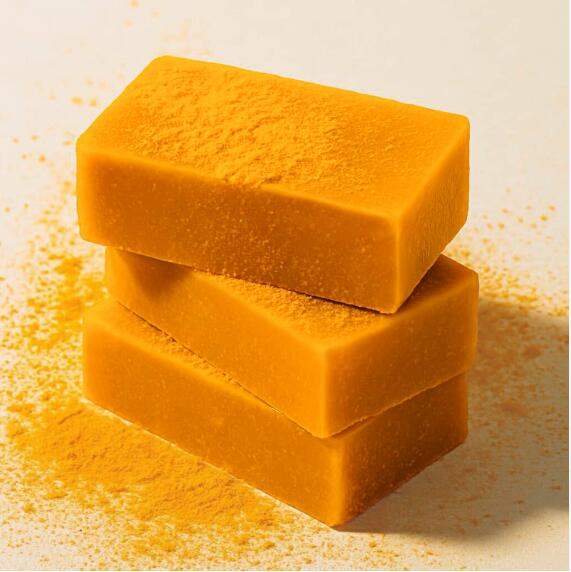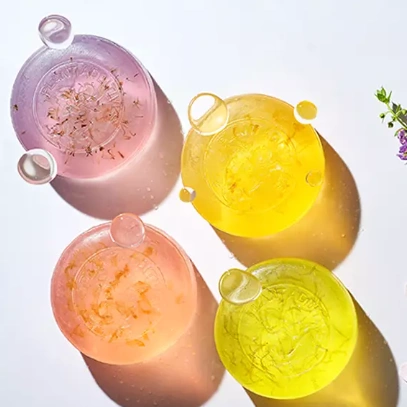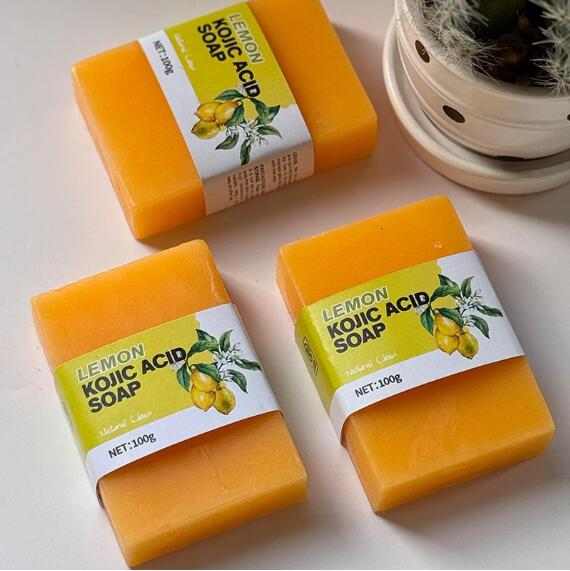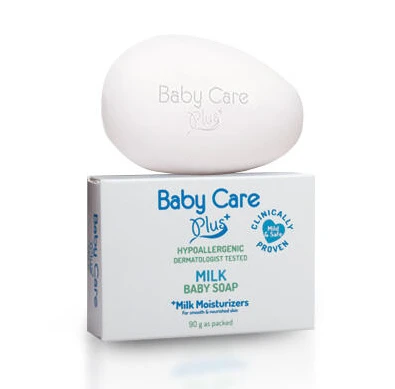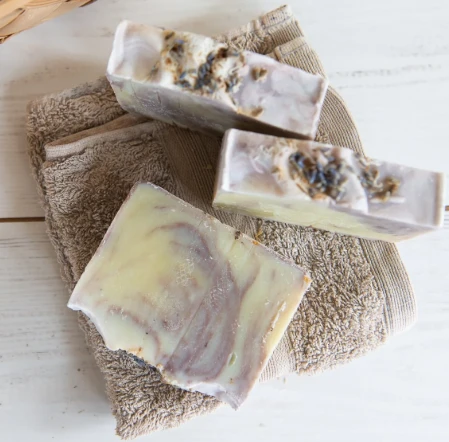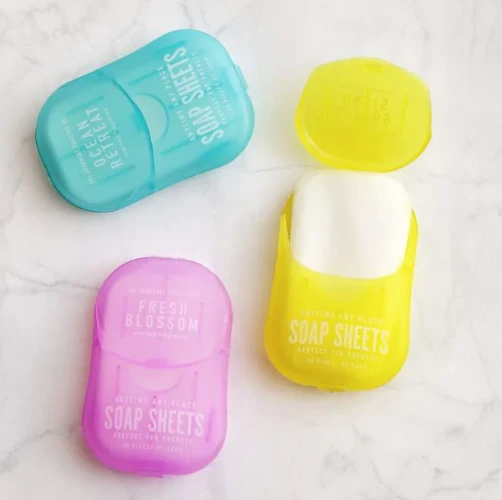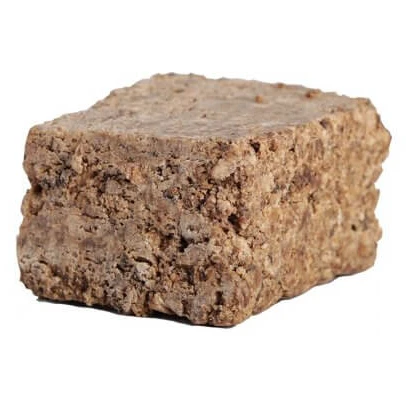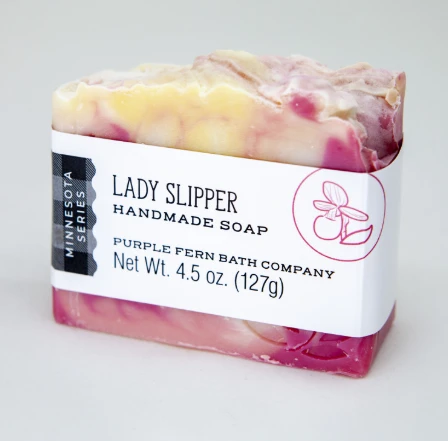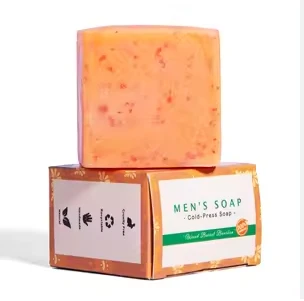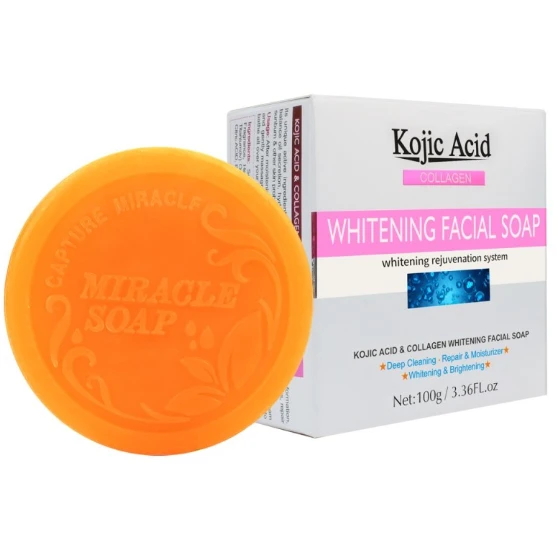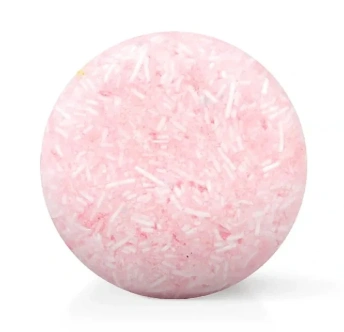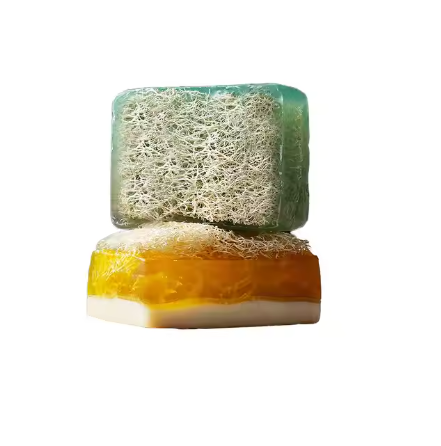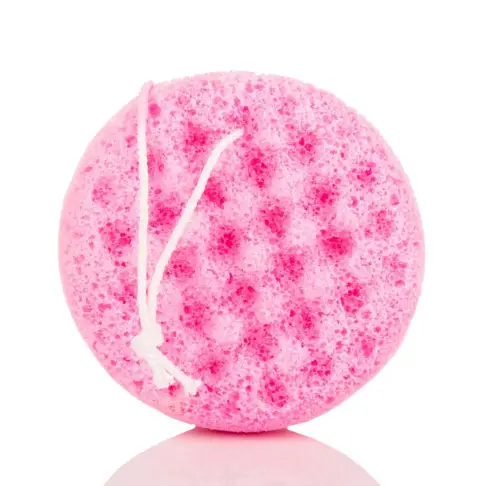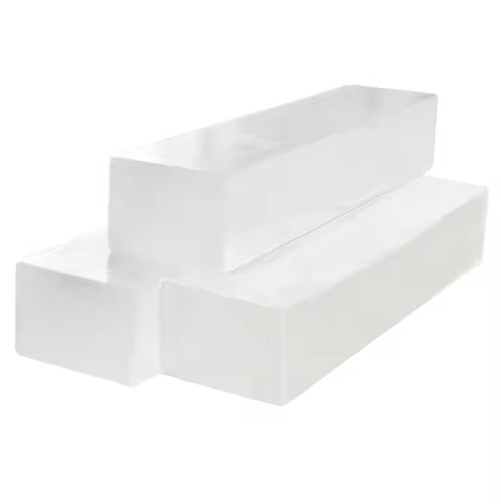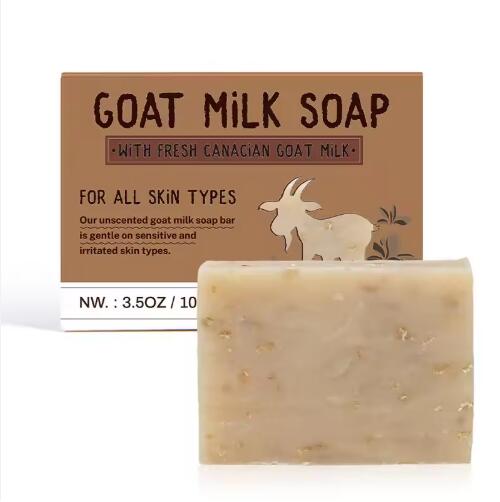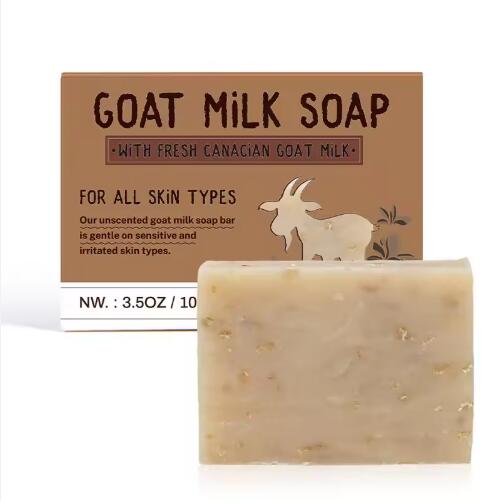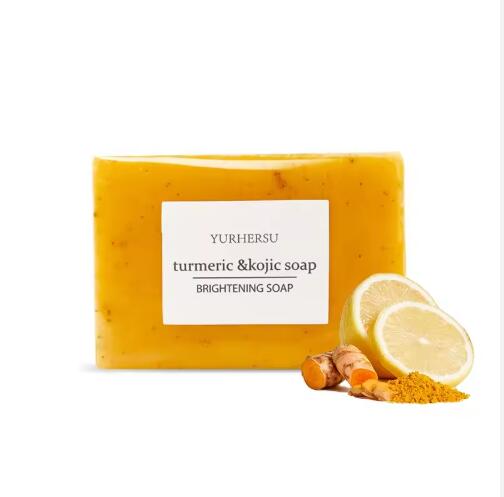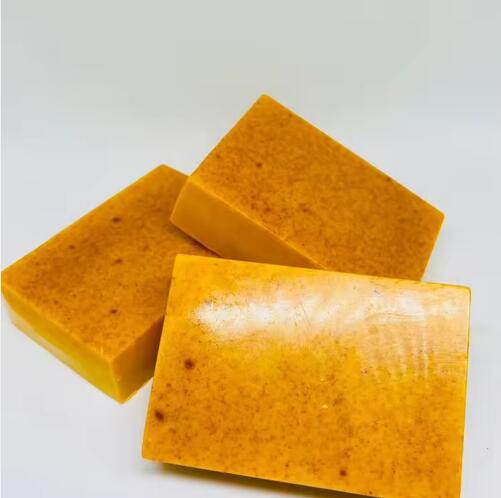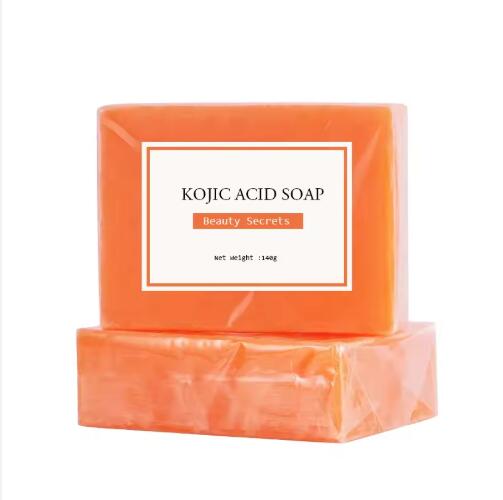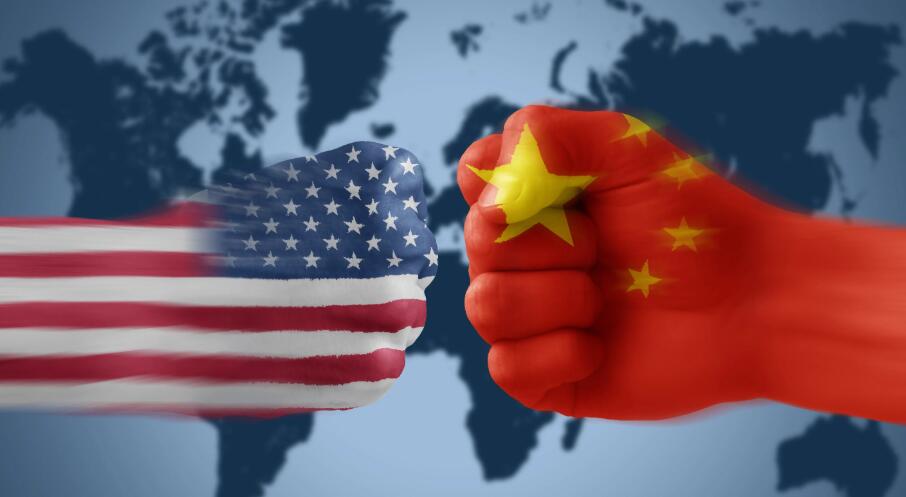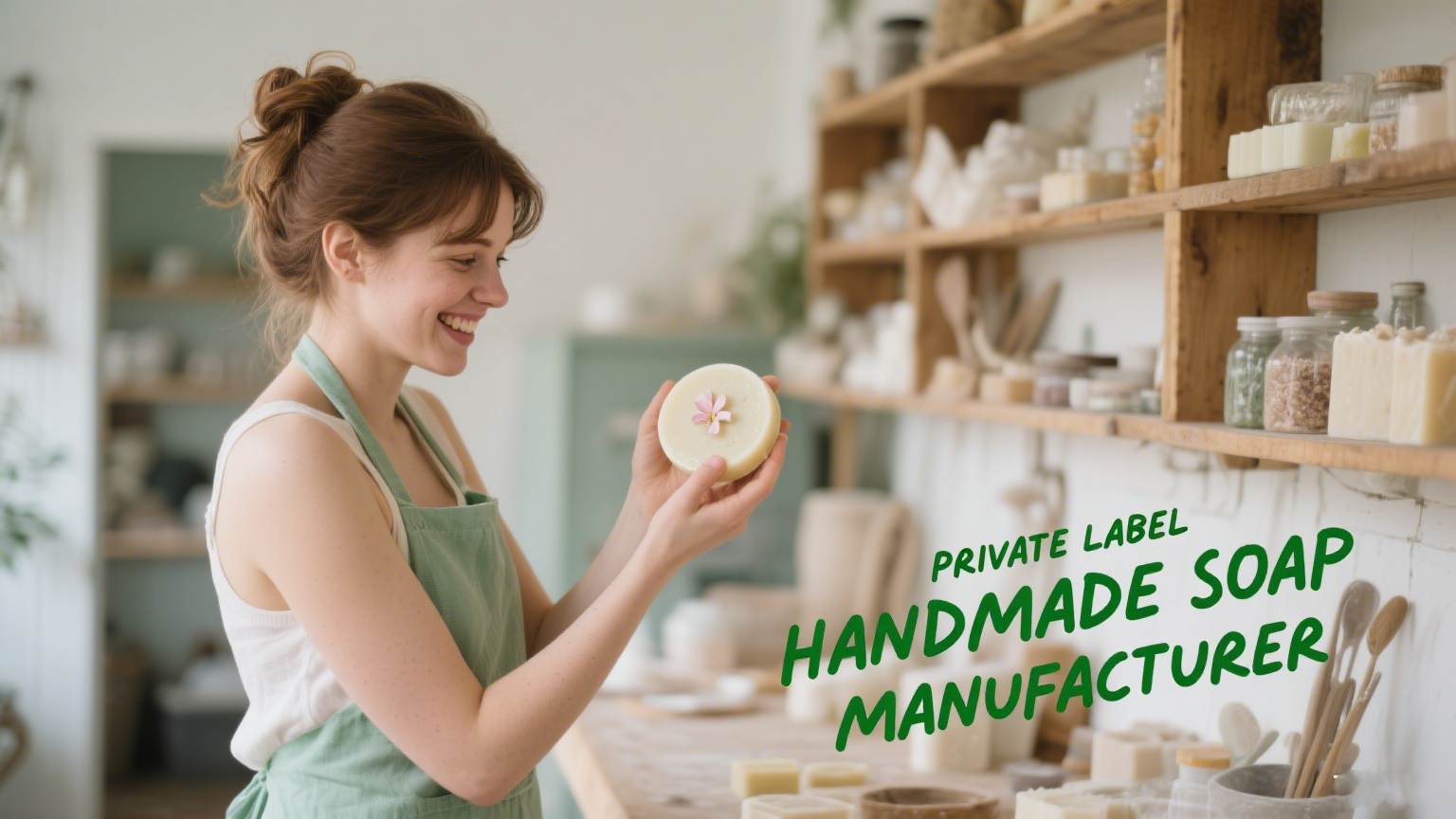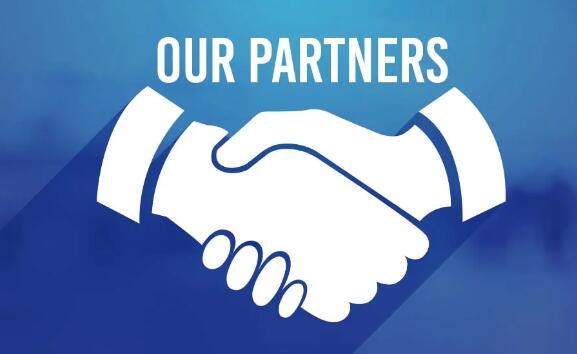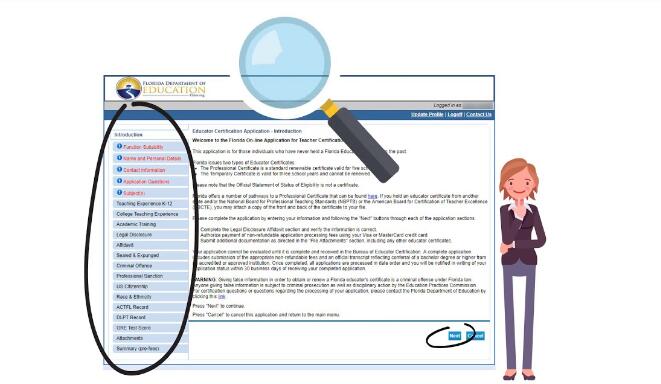How to Choose a Reliable Private Label Handmade Soap Manufacturer
Private label handmade soap is quickly becoming a popular choice in today's skincare industry, where people are more interested in health-conscious, eco-friendly, and personalised products. Starting your own line of handcrafted soap may really help your brand stand out and make more money, whether you run a beauty brand, an online store, a gift shop, or a small store. But the most important thing you need to do before you start is to find a trustworthy soap maker who can make your idea a reality.
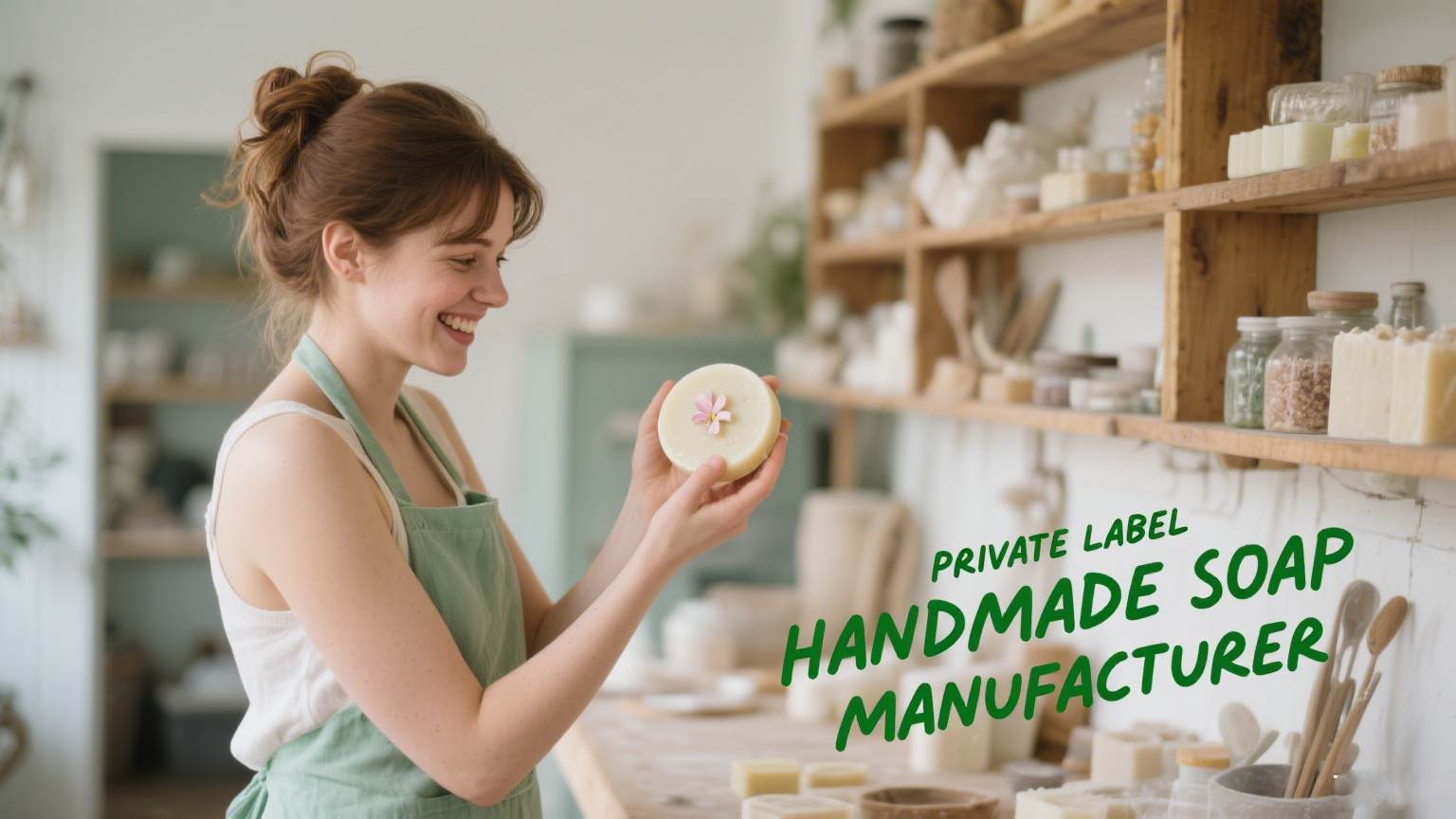
We're going to show you how to choose a reliable private label soap maker and what to look for when you make your own soap for your company.
Understanding the Market Potential of Private Label Handmade Soap
Private label means that one firm makes a product and another company puts its name on it and sells it. This concept lets brands make high-quality, natural, and specialised skincare products without having to create a factory or deal with complicated formulae.
Handmade soaps are different from mass-produced commercial soaps because they frequently focus on natural ingredients, artisanal artistry, and environmentally friendly methods. These attributes make them very enticing to today's shoppers, who are prepared to pay extra for products that are real, safe for skin, and look different from other products.
Private labelling is a quick and easy way for small to medium-sized firms, salons, wellness shops, or internet sellers to launch a product while still having complete control over branding and market positioning.
Key Factors That Define a Trusted Soap Manufacturer
Choosing the right soap manufacturer requires more than just comparing prices. It's a strategic choice that has a direct impact on the quality of your product, the image of your business, and the trust of your customers.
A trustworthy producer will usually have certifications that are well-known, such GMP (Good Manufacturing Practices), ISO standards, MSDS documentation, or even FDA registration if it applies. These certificates show that they are dedicated to safe production, following sanitary standards, and following the law, especially when shipping to the U.S., Europe, and other regulated markets.
Another important standard is being open about where the ingredients come from. A trustworthy manufacturer will be able to give you complete INCI ingredient lists, safety testing data, and information about where natural extracts come from. Depending on your brand's values, they might even have alternatives for cruelty-free formulas or raw materials that are good for the environment.
The ability to customise is also very important. A professional manufacturer will not only let you choose from a wide range of scents, colours, forms, and package designs, but they will also change the formulas to match local rules or skin types in different markets. The manufacturer knows what growing companies require because they have low minimum order quantities (MOQs) and sample support. This gives them room to try new things.
You should also look at the production capacity and lead times. Most established factories have more than one production line for making both cold-process and hot-process soap. They may change the amount of output according on how many orders you place while still meeting delivery deadlines. This is highly important in today's global supply chain, which is always changing.
Communication is just as crucial. The best manufacturers have sales and R&D teams who are experienced and speak English well, which makes it easy to get clear and quick answers about product development, sample production, label design, and export logistics. Good communication cuts down on expensive mistakes and makes working together easier.
Warning Signs That a Manufacturer May Not Be Trustworthy
Not all manufacturers live up to their claims. Some may not have the right manufacturing infrastructure, which is clear when they can't show real images of their facility, process videos, or third-party audit reports that can be verified.
Some manufacturers may list certifications on their websites but not be able to show the genuine documents when questioned. Instead, they may give you fake ones that can't be verified on official websites. This typically means that the company isn't following the rules or that the product isn't real.
If a producer offers costs that are much lower than typical but can't explain clearly what the contents are, how the packaging works, or how quality is controlled, it usually means they are making hidden sacrifices, including using low-quality materials or outsourcing to third parties who aren't responsible.
Another big sign that anything is wrong is that there are no real client cases or reviews. Manufacturers that really export are frequently happy to give you case studies that don't have any names or references from former clients. This makes you feel more sure and lowers the chance of making a mistake about a supplier's experience.
What You Should Know Before Cooperating with a Soap Manufacturer
Before engaging a soap manufacturer, it’s essential to have clarity on several core aspects to ensure productive and efficient cooperation.
One of the first things you should do is make sure you know the different scents, colour combinations, and essential oils that may be changed. You should also check to see if your own brand logo may be printed or embossed on the soap or packaging, since this can have a big effect on your branding.
It's also important to find out if the manufacturer has sent goods internationally before and knows what the rules are in your target markets, whether that's the U.S., Europe, Japan, or South-east Asia. Their knowledge of rules like the EU Cosmetic Regulation or the FDA's requirements for cosmetic labelling can assist keep things moving and stop product recalls.
Lastly, you might want to check with the manufacturer to see whether they provide eco-friendly packaging options like biodegradable boxes or reusable containers. These can help your business fit in better with ideals of sustainability.
Why Many Brands Are Turning to Chinese Soap Manufacturers
In the last ten years, China has become one of the best places to make private label products in the personal care business, including handcrafted soap. Chinese manufacturers today offer services that are as good as or better than those of their Western counterparts. This is because they have a well-developed industrial supply chain and are putting more emphasis on quality and compliance.
One of the main benefits is that China can offer low prices while also having the ability to create high-end formulations and packaging designs. Suppliers can make custom moulds, mix plant-based materials, and create high-end packaging in a cost-effective and timely manner, especially in manufacturing clusters like Guangzhou.
Many Chinese manufacturers also offer all-in-one services that include everything from choosing raw materials and doing research and development on formulations to designing packaging, sampling, making the product, and getting it ready for export. This one-stop strategy makes it much easier to coordinate and cuts down on the time it takes to go to market.
Given the growing importance of regulatory compliance in international trade, Chinese soap manufacturers are also investing in teams that understand labeling, documentation, and safety standards across global markets—ensuring that your products are export-ready from day one.
Poleview Biotech: Your Reliable Partner for Private Label Handmade Soap
Poleview Biotech is a reliable company that makes private label personal care products, with a special concentration on handmade soap. We have a contemporary GMP-certified facility in Guangzhou and serve clients in more than 30 countries. We provide a wide selection of customisable formulations, such as detox soaps made with essential oils, goat milk, activated charcoal, rose, and lavender.
Our experts can help with everything from making moulds and designing scents to printing labels and giving advice on regulations. We also offer low-MOQ sampling services that enable brands test the market before they grow. We know what it takes to do well in competitive markets because we've been exporting for years. We offer full-chain support, from product creation to shipping.
We don't only make soap at Poleview. We also help you tell your business narrative with natural, handmade, and ready-to-sell items.
Conclusion: Make Informed Decisions to Build a Stronger Brand
Choosing the correct manufacturer in the private label handmade soap business is more than just a supply chain decision; it's a choice that will shape your brand. A good soap maker will be more than simply a seller; they will be a long-term partner who shares your vision, knows your standards, and helps you grow.
Poleview Biotech is ready to help you convert your ideas into beautiful, handmade soap goods that your target audience will love. If you're looking for a reliable manufacturer who can give quality and flexibility, look no further.
Frequently Asked Questions About Choosing a Private Label Handmade Soap Manufacturer
Q: What is handmade soap with a private label?
A: Private label handmade soap is soap that is made by a different company but sold and branded under your own name. These soaps are usually made using natural ingredients and traditional methods. You can choose the scent, colour, form, and packaging of the soap. This approach lets you get into the market rapidly without having to buy your own factory.
Q: How can I tell if a soap manufacturer is honest?
A: A reliable manufacturer will be open about how they make things, have the right certifications like GMP or ISO, and be happy to give you paperwork like MSDS, COA, or ingredient lists. They will be able to really make things, have a clear way to talk to each other, and have worked well with clients from other countries in the past. You should also look for signals like competent sample support, detailed quotes, and the capacity to handle export compliance without any problems.
Q: Is it possible for me to make my own soap with a certain scent and formulation?
A: Yes, good private label manufacturers let you change the recipe of your soap in any way you want. This means picking natural oils and butters, essential oils for scent, exfoliants like oats or seeds, colours, and even how firm or lathering the soap is. Many companies also offer scent-matching services or research and development aid to help you make a unique aroma for your business.
Q: How many bars of custom-made soap do you usually have to order at once?
A: The minimum order quantity (MOQ) varies per manufacturer, although many professional private label soap suppliers in China, such as Poleview Biotech, have modest MOQs, frequently starting at 500 to 1,000 pieces per recipe. This makes it easy for new or tiny firms to try out the market without having to spend a lot of money up front.
Q: Why go with a Chinese soap manufacturer instead of one from your area?
A: Chinese soap makers frequently offer a good mix of low prices, a lot of customisation options, and full service support, which includes design, labelling, packaging, and shipping. A lot of them have exported to places with strong compliance rules, like the U.S. and the EU. Working with a Chinese manufacturing can help you produce your products faster and for less money without losing quality.
Q: Does the maker take care of the labels and paperwork for export?
A: Yes, experienced manufacturers like Poleview Biotech usually offer all-in-one services that include making labels, checking INCI lists, making barcodes, making sure exterior packaging is compliant, and making export-related paperwork including packing lists, invoices, and certificates. They may also help make sure that your labels follow the rules in the market you want to reach.

